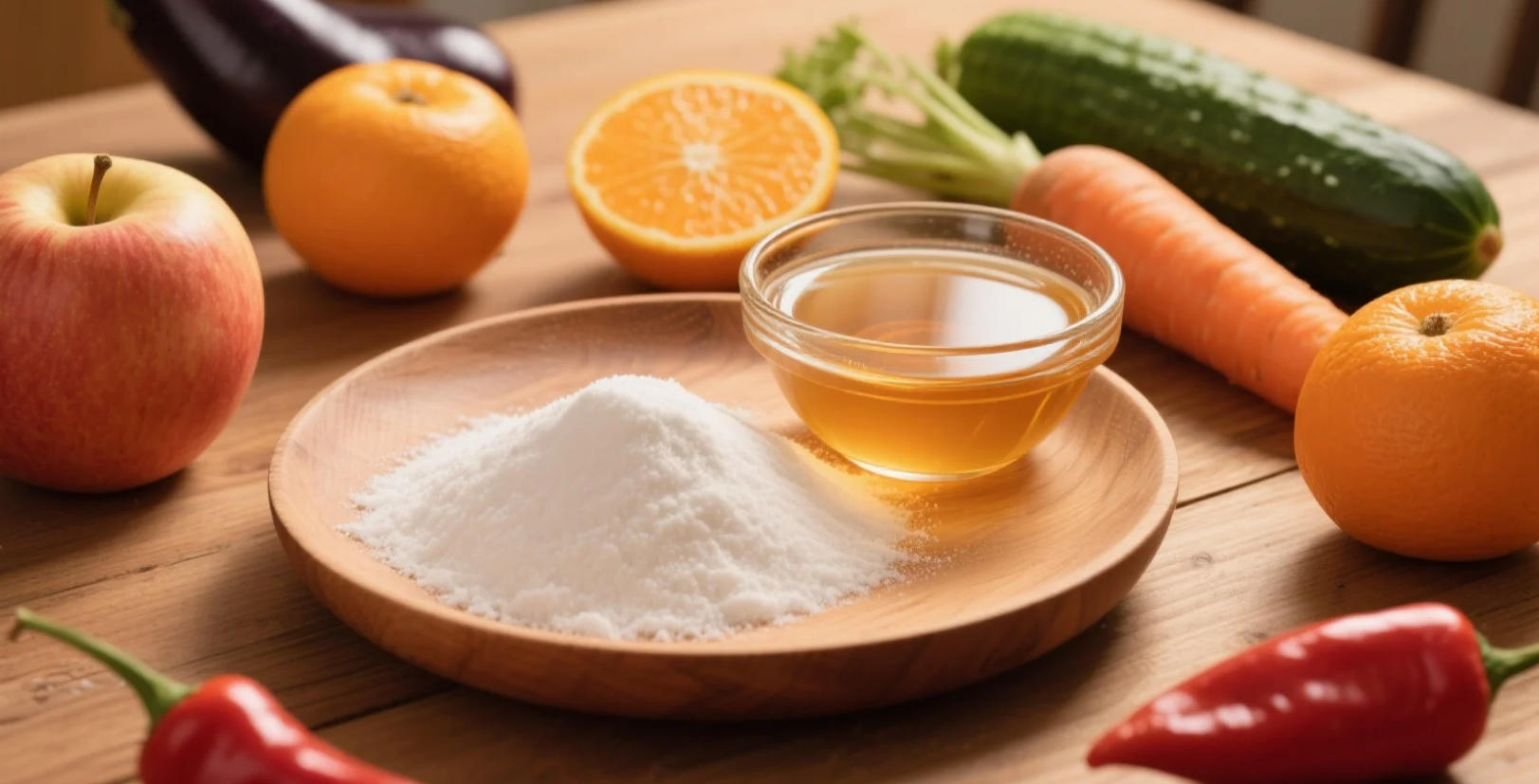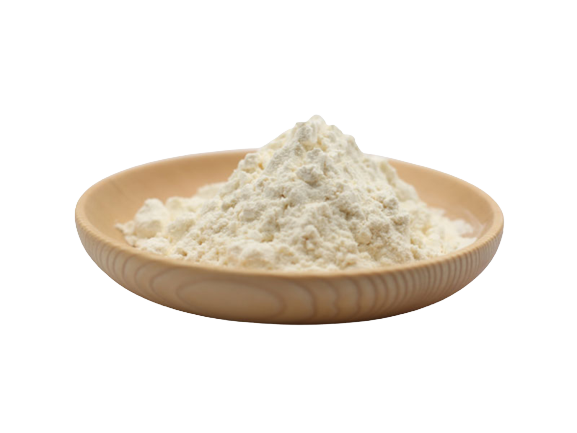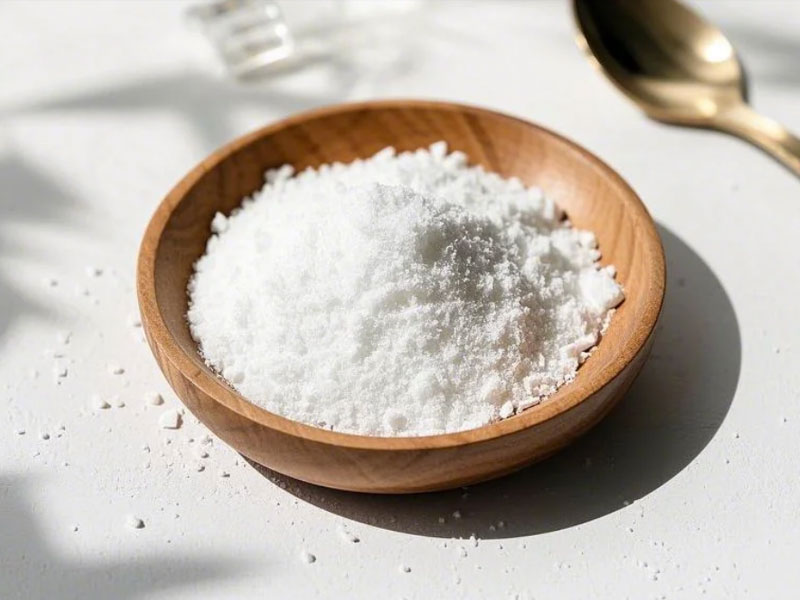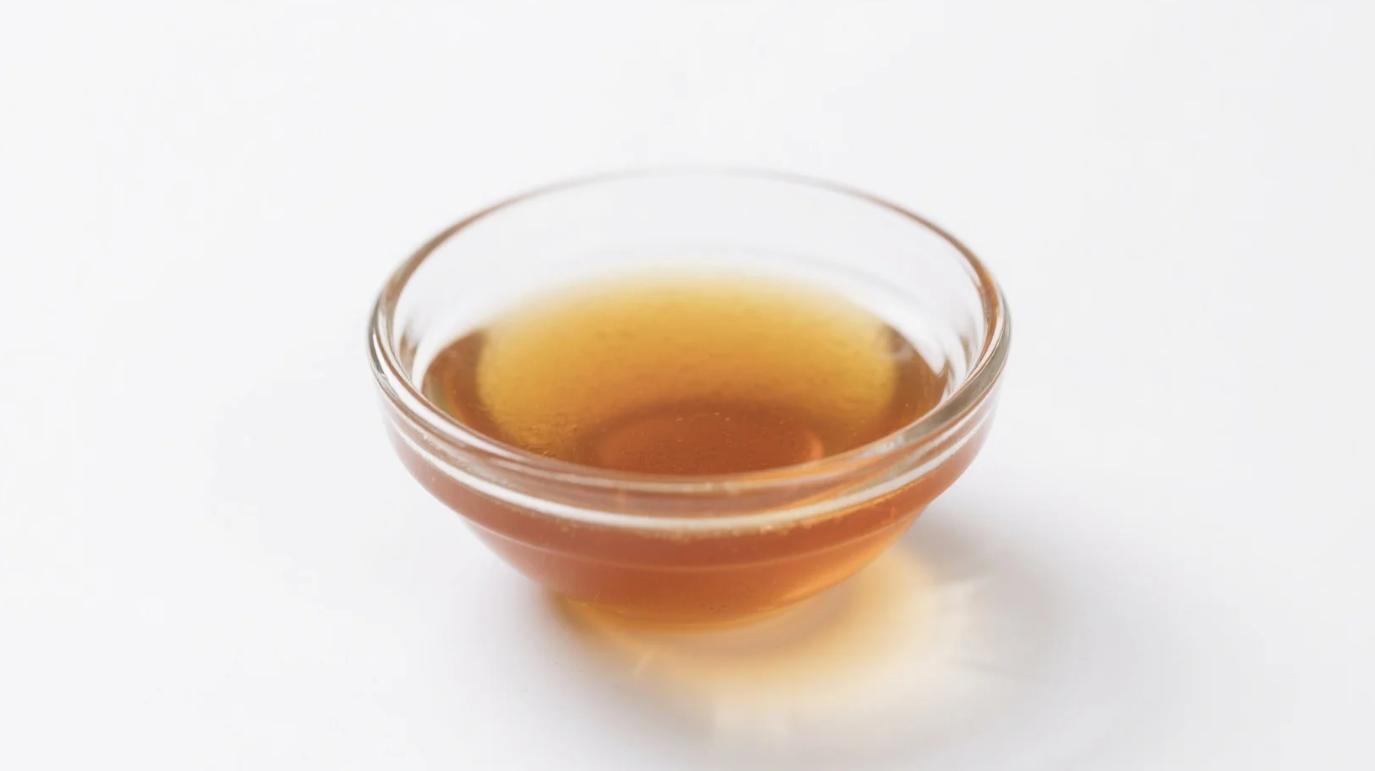As the global health and wellness movement continues to reshape the food industry, one trend stands out above all others — the rise of keto and low-carb lifestyles. Consumers are increasingly cutting back on sugar and refined carbohydrates in favor of clean, functional, and nutrient-dense foods. For food and beverage manufacturers, this shift represents both a challenge and a huge opportunity.
To meet these evolving demands, many formulators are turning to organic allulose syrup — a natural, low-calorie sweetener that delivers real sugar taste and functionality without the carbs.
What Makes Organic Allulose Syrup Unique?
Organic allulose syrup, also known as D-psicose syrup, is a rare natural sugar found in small quantities in fruits like figs and jackfruit. It contains about 70% of the sweetness of sucrose, but with virtually zero net carbs and less than 0.4 kcal per gram.
Unlike many synthetic or high-intensity sweeteners, organic allulose syrup is derived from natural, organic sources and produced through a clean enzymatic process — ensuring it fits perfectly into keto, low-carb, and clean-label formulations.
Because of its GRAS (Generally Recognized As Safe) status and organic certification, allulose syrup is quickly becoming a go-to ingredient for keto-friendly innovation across multiple product categories.
Key Benefits of Organic Allulose Syrup in Keto and Low-Carb Formulations
1. Zero Net Carbs and Minimal Calories
Allulose is not metabolized by the body the same way as regular sugar. It is absorbed but not converted into glucose, resulting in negligible caloric contribution and zero impact on blood sugar or insulin levels. This makes it ideal for keto, diabetic-friendly, and weight management products.
2. Natural Sugar-Like Sweetness
Unlike stevia or monk fruit, which can have lingering bitterness, organic allulose syrup offers a clean, authentic sweetness nearly identical to sugar. This allows brands to reduce or eliminate sugar without compromising taste.
3. Functional Performance
Beyond sweetness, allulose syrup behaves much like traditional sugar in formulation. It contributes to:
- Browning and caramelization in baked goods
- Texture enhancement in protein bars and confections
- Moisture retention for soft, chewy, or syrup-based applications
These properties make it a highly versatile ingredient in snacks, beverages, sauces, and baked goods.
4. Supports Clean Labeling and Organic Certification
Consumers on keto and low-carb diets often look for natural and organic alternatives. Using organic allulose syrup allows manufacturers to maintain claims such as “organic,” “non-GMO,” “no artificial sweeteners,” and “low-sugar.”
Applications of Organic Allulose Syrup in Keto & Low-Carb Products
| Category | Example Application | Key Functional Benefits |
|---|---|---|
| Bakery & Snacks | Keto brownies, cookies, protein bars | Moist texture, reduced sugar, enhanced browning |
| Beverages | Keto smoothies, flavored water, energy drinks | Natural sweetness, stable solubility |
| Confectionery | Sugar-free chocolates, gummies | Caramelization, balanced sweetness |
| Sauces & Syrups | Low-carb syrups, dessert toppings | Viscosity, smooth mouthfeel |
| Dairy & Plant-Based | Yogurt, ice cream, milk alternatives | Creaminess, improved taste profile |
By incorporating organic allulose syrup, brands can recreate indulgent experiences that align with low-carb nutrition goals.
B2B Perspective: Why Manufacturers Choose Organic Allulose Syrup
- Market Growth Potential
The global keto food market is expected to exceed USD 20 billion by 2030, and the clean-label sweetener market is expanding alongside it. Organic allulose syrup helps manufacturers stay competitive in this booming space. - Formulation Efficiency
Its liquid form offers easy integration and uniform blending in large-scale production. It also reduces formulation complexity by replacing both sugar and moisture agents. - Regulatory and Global Trade Advantages
Allulose has received GRAS approval by the U.S. FDA and is accepted in multiple international markets, facilitating export-ready product development. - Sustainability and Transparency
Organic allulose syrup supports sustainability claims — it’s plant-derived, environmentally friendly, and produced through enzymatic processes that minimize waste.
Case Study: Reducing Sugar Without Sacrificing Taste
A functional food company aimed to create a keto snack bar with low sugar and high fiber content. Replacing malt syrup with organic allulose syrup resulted in:
- 45% calorie reduction
- Improved sweetness balance
- Extended shelf life due to better moisture control
- Enhanced consumer appeal for the keto and diabetic market
The reformulation not only met nutritional targets but also improved taste and texture — demonstrating how allulose syrup bridges the gap between health and indulgence.
Why Choose BIOSTARCH’s Organic Allulose Syrup
At BIOSTARCH, our organic allulose syrup is produced from plant-based, non-GMO raw materials under certified organic conditions. We ensure:
- EU & USDA Organic certification
- High purity and consistent sweetness
- Bulk availability for industrial applications
- Technical support for custom formulation
Our goal is to empower manufacturers to create innovative, keto-compliant, and low-carb products that deliver true consumer satisfaction.
Organic allulose syrup represents the future of keto and low-carb food innovation — offering natural sweetness, zero net carbs, and functional performance that rivals sugar. Whether you’re developing a keto beverage, protein bar, or sugar-free dessert, allulose syrup allows you to achieve clean-label, low-sugar perfection.
For brands seeking to lead in the health-conscious market, organic allulose syrup is the ingredient that makes innovation both delicious and sustainable.
Related Products
Organic Monk Fruit Extract Powder
Zero-Calorie Natural Sweetener for Clean-Label Food, Beverage & Supplement Applications
Organic Allulose Sweetener
Zero-Calorie, Natural Sweetener for Clean-Label Food, Beverage & Keto Formulations
Organic Malt Syrup
Natural Sweetener & Functional Ingredient for Food, Beverage, and Health Products



